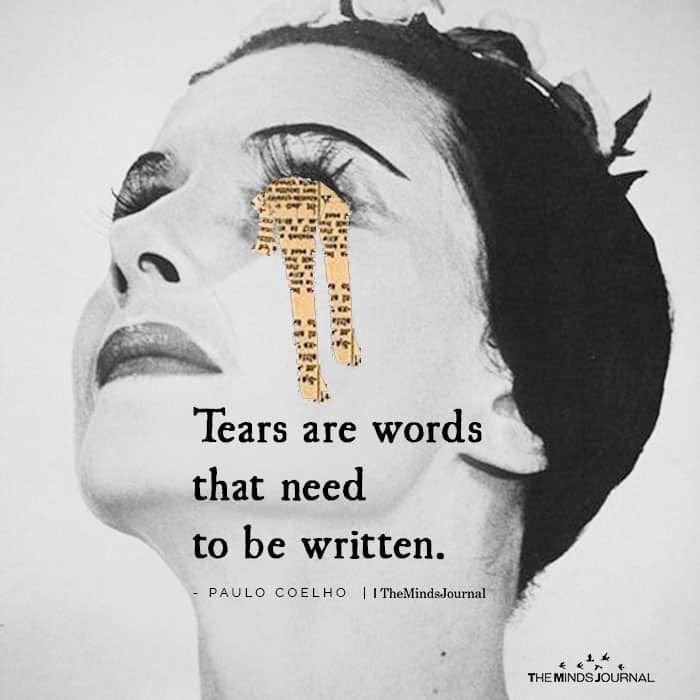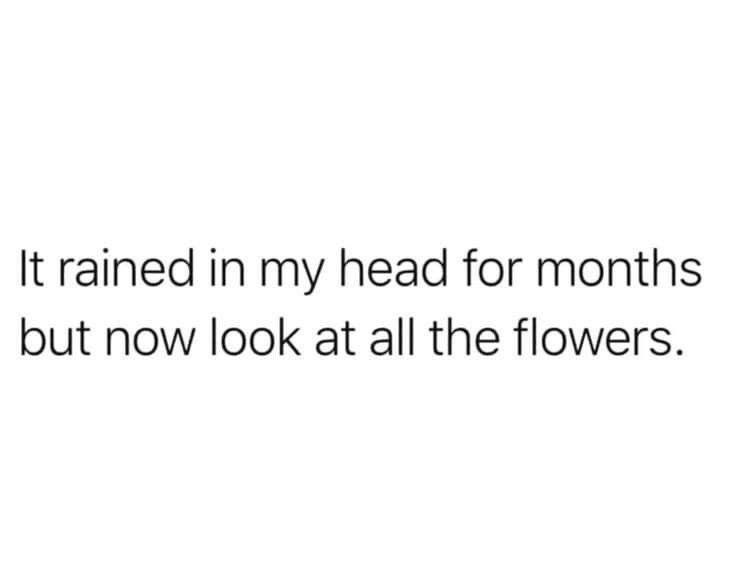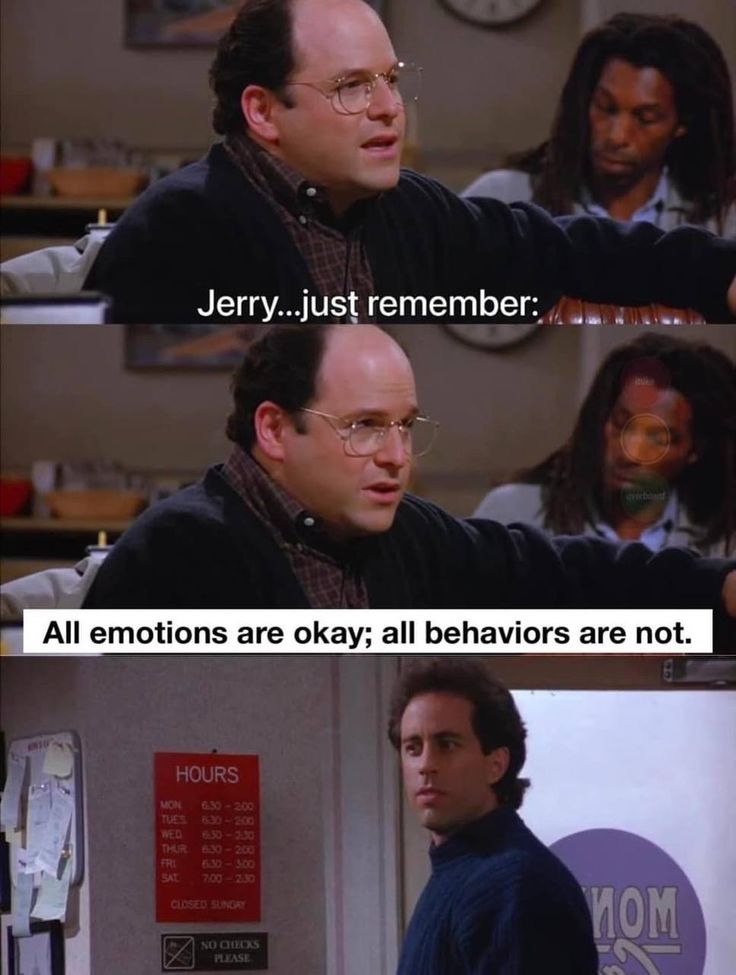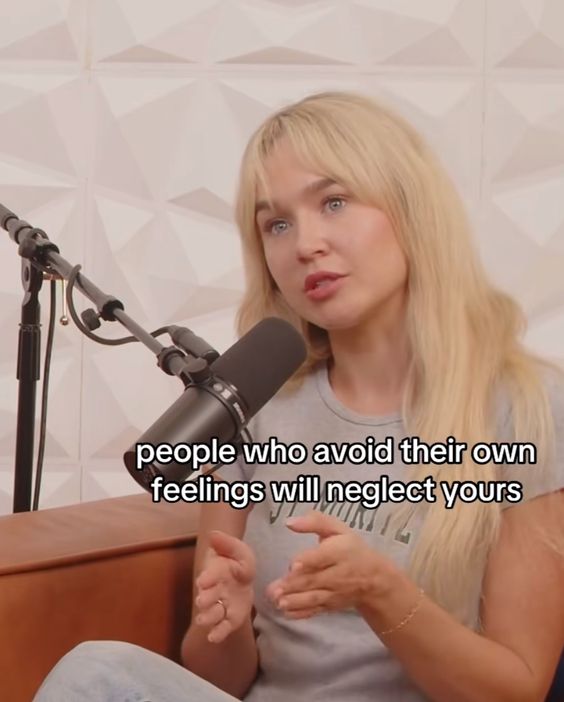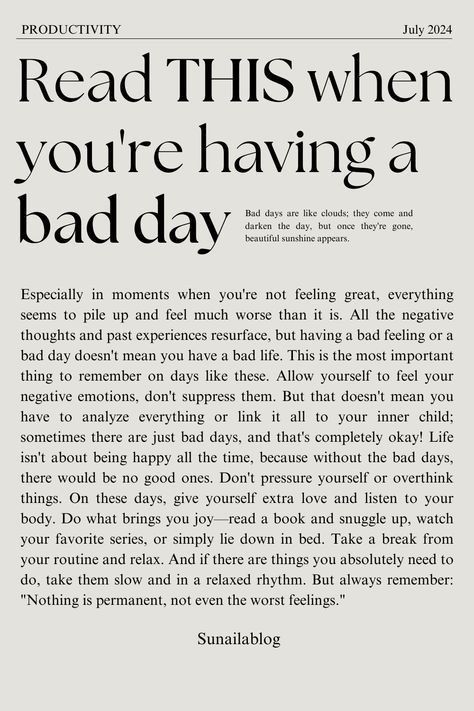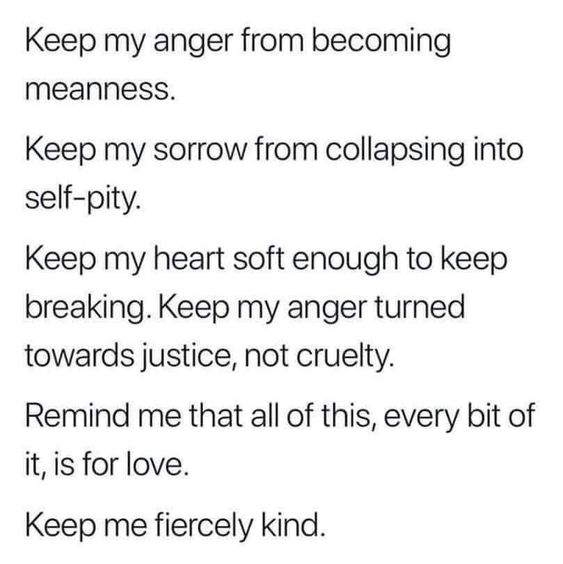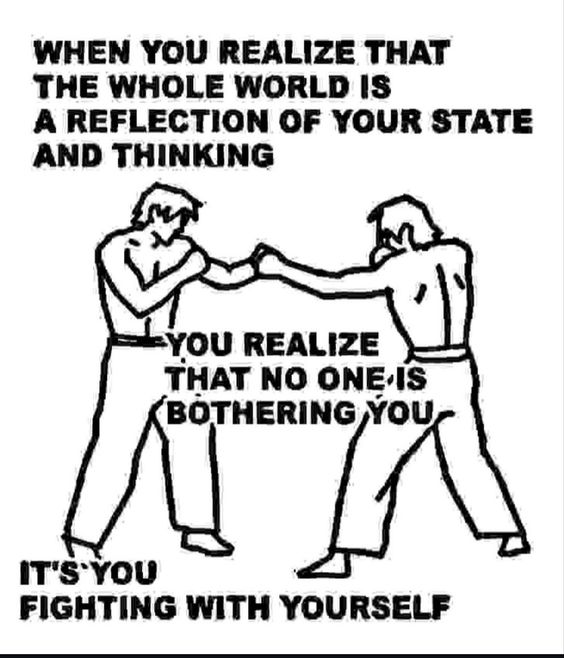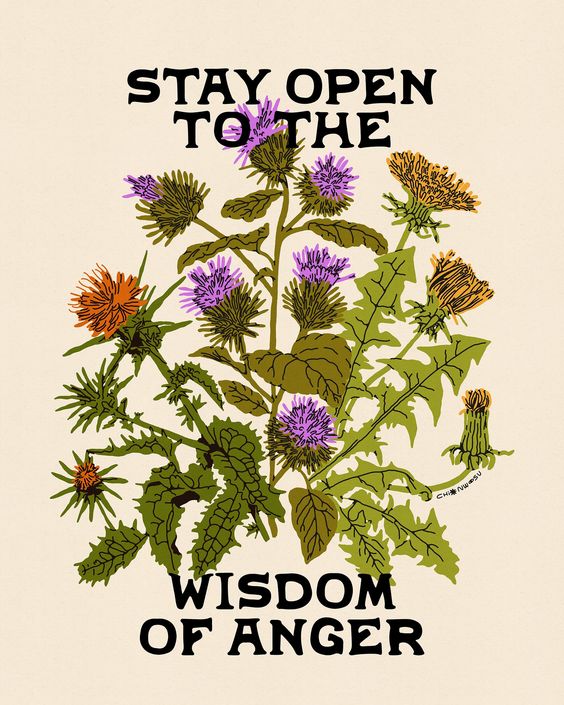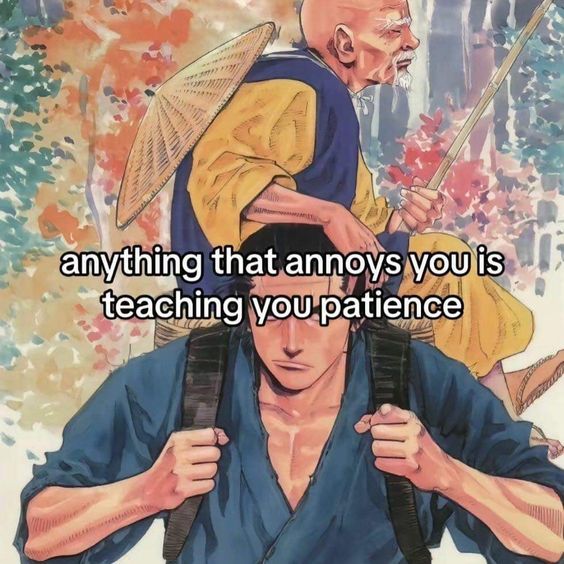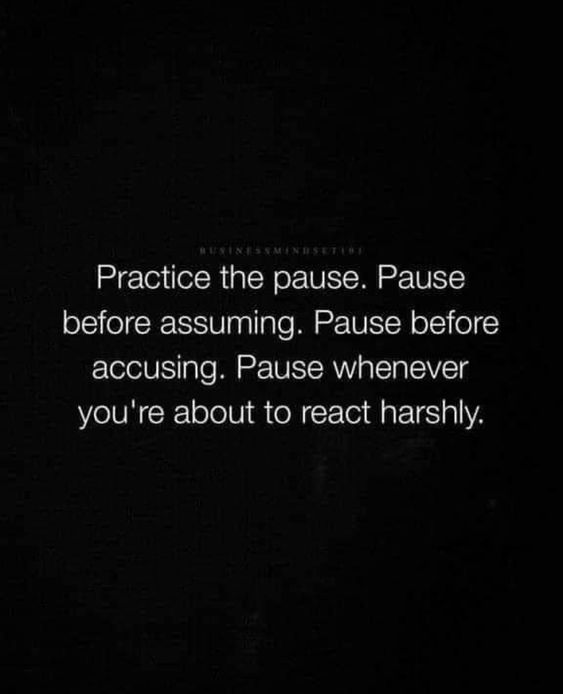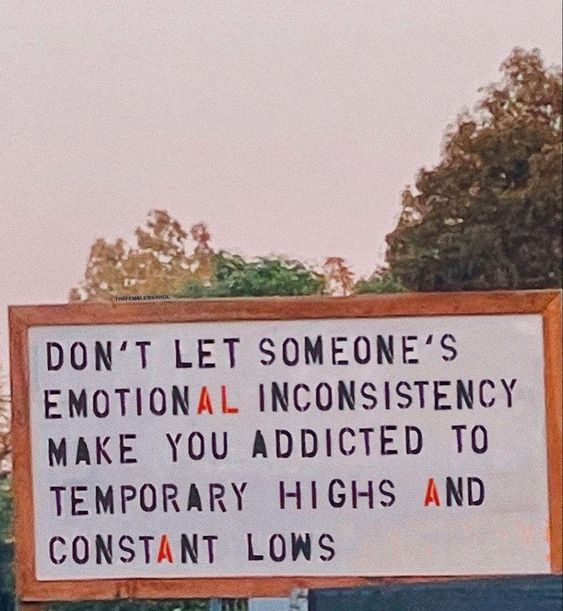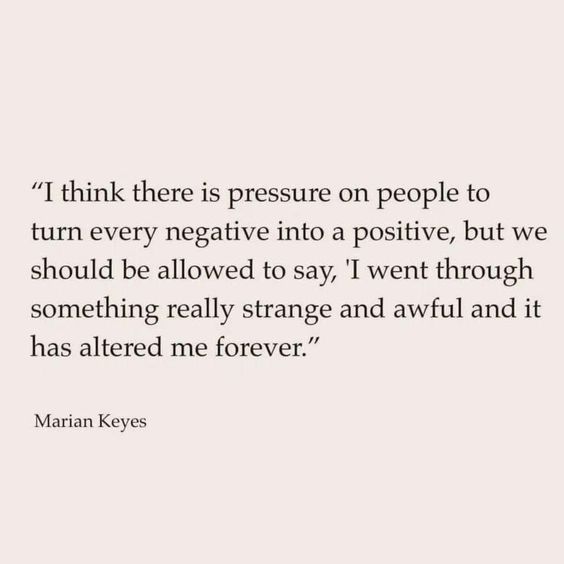“The purpose of letting go is not to erase emotions, but to acknowledge their presence and transform your relationship to them. Being able to let go while a tough emotion is passing through helps us be okay with not being okay. Letting go reaches deeper levels when your observation of what is happening inside you is done with total acceptance and when you remember that every part of life is impermanent. Especially in the mind, adding more tension to the tension that is already there will not make things better. When tension is met with unconditional acceptance, it has the space it needs to naturally unfold and release. Unloading and facing the mental weight of past hurt is never easy, but it is possible, especially when you feel ready for a great transformation.”
Yung Pueblo
“Sadness, anxiety, grief, loss, fear and all other heavy emotions are a normal part of life. Trying to erase them is unrealistic. Instead, your energy is better spent feeling them in a balanced manner. Knowing that there is something in them for you to learn, to process, and to eventually let go. Letting yourself feel the heavy things is not the same as getting stuck in them. Being okay with not being okay is a skill that helps you not get dragged down by challenges.”
Yung Pueblo
“If you are injured and in pain, the path to mental peace can be traversed in a single step: Simply accept the pain as it arises, while doing whatever you need to do to help your body heal. If you are anxious before giving a speech, become willing to feel the anxiety fully, so that it becomes a meaningless pattern of energy in your mind and body. Embracing the contents of consciousness in any moment is a very powerful way of training yourself to respond differently to adversity. However, it is important to distinguish between accepting unpleasant sensations and emotions as a strategy—while covertly hoping that they will go away—and truly accepting them as transitory appearances in consciousness. Only the latter gesture opens the door to wisdom and lasting change. The paradox is that we can become wiser and more compassionate and live more fulfilling lives by refusing to be who we have tended to be in the past. But we must also relax, accepting things as they are in the present, as we strive to change ourselves.”
Sam Harris, Waking Up (Page 149)
“The storm may be powerful, but no storm is endless. Giving space to what you feel is always valuable because it is an essential part of healing and letting go, but if you let it take control then it will be too easy to fall into past patterns. Being with it is better than becoming it. There is a subtle space you should become more familiar with, the space where reclaiming your power is truly possible – the space where you can feel a fire burning within you without giving it more fuel.”
Yung Pueblo
“Healing ourselves isn’t about constantly feeling bliss, being attached to bliss is a bondage of its own. Trying to force ourselves to be happy is counterproductive, because it suppresses the sometimes tough reality of the moment, pushing it back within the depths of our being, instead of allowing it to arise and release. Healing ourselves is the personal movement we embark on to let go of all the conditioning that limits our freedom; in this journey there will undoubtedly be moments of bliss and difficulty. Real happiness and wisdom grow from the reality we experience, not from the fleeting moments of bliss that we feel.”
Yung Pueblo
“Anger is easy. It’s easier to be angry than hurt. Being angry is active, it’s aggressive, it’s distracting. Hurt is acceptance. It’s something you sit with. It’s something you wish you didn’t feel, but you do. It’s something you wish hadn’t happened, but did. When Marcus Aurelius said it wasn’t manly to get angry, perhaps this is what he was saying. That the childish thing is to yell about and fight about and reject the hurt that you feel. The adult thing is to try to understand it, to come to terms with it, to understand that—like all things—it will pass, and that if you’re patient and have perspective, it will help. The responsible thing is to explore the roots of an emotion, to ask why you’re feeling a particular way, why something was so triggering or painful and to try to deal with that.”
Ryan Holiday
